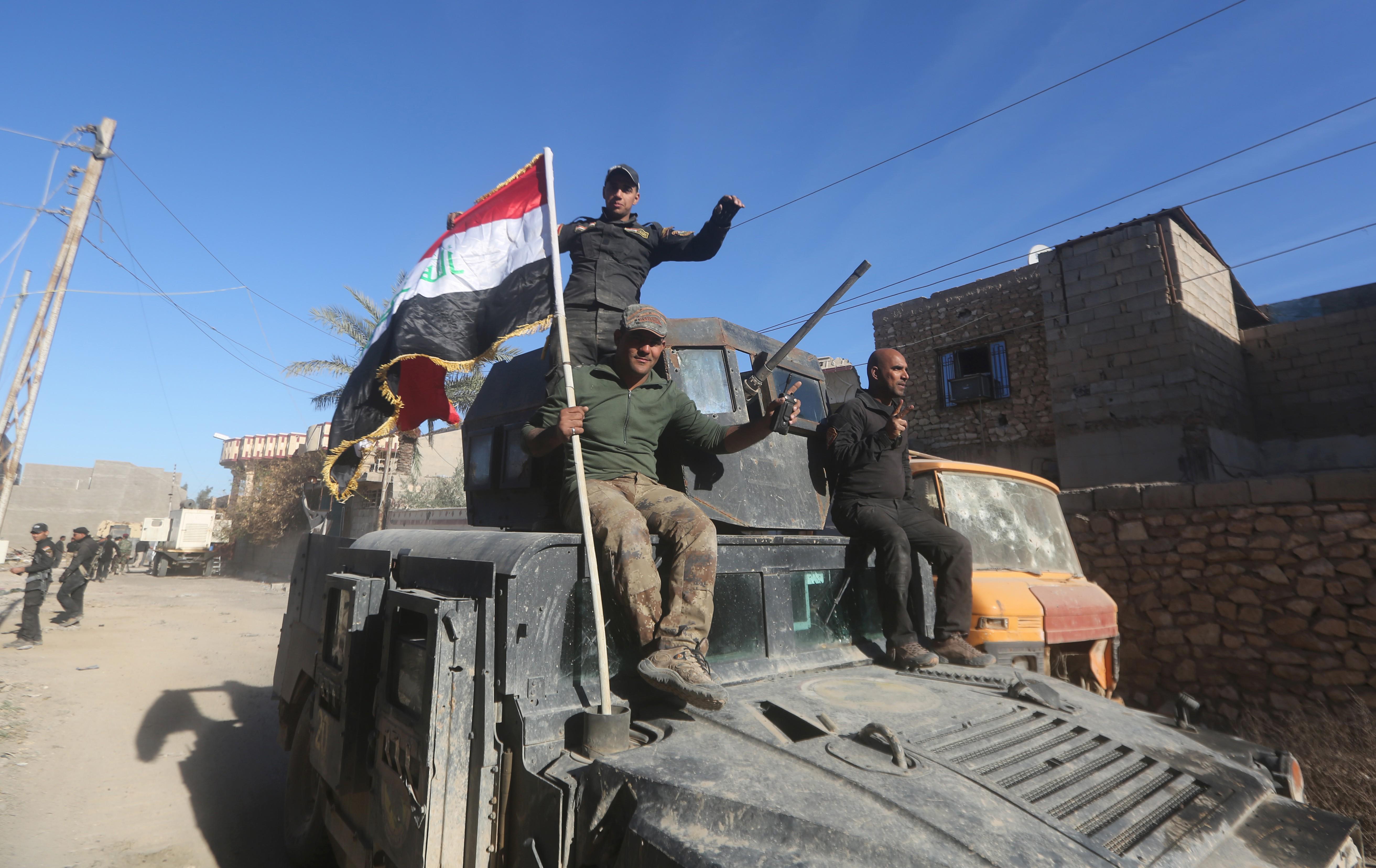Iraqi armed forced have entered the center of Ramadi and are currently fighting for control of the predominantly Sunni city west of Baghdad that fell to ISIS in May. The operation to recapture the city began in November. If successful, it will be the second major city retaken from ISIS after Tikrit last April. Significant territory, including the key town of Sinjar, has also been retaken from ISIS in northern Iraq in recent weeks.
One crucial difference in Ramadi is that the operation is being undertaken by regular Iraqi units and counterterrorism forces backed by U.S. airstrikes rather than the Iranian-backed Shiite militias or Kurdish forces responsible for other recent victories. The Iraqi government, presumably under pressure from its American backers, did this in order to avoid inflaming sectarian tensions in the predominantly Sunni city. It’s also why the operation has taken so long. The reliance on these relatively untested forces is also a major reason why the offensive has taken so long.
ISIS has lost about 14 percent of the total territory it held at the beginning of this year. Most of these losses have come in central Iraq and in northern Syria along the border with Turkey. At the same time, the group has made significant gains this year in central Syria, including taking the ancient city of Palmyra.
If Iraqi forces can capture and hold Ramadi, it will be a major boost for the anti-ISIS coalition, and proof that the U.S.-equipped military that collapsed so disastrously last year can actually fight back. Recapturing the heavily fortified ISIS stronghold in Mosul will be far more difficult, but there are some glimmers of a workable strategy in Iraq. In Syria, where the U.S. and allies are looking in vain for Sunni “boots on the ground” that can retake ISIS areas and have some credibility with the local population, things look way bleaker.
